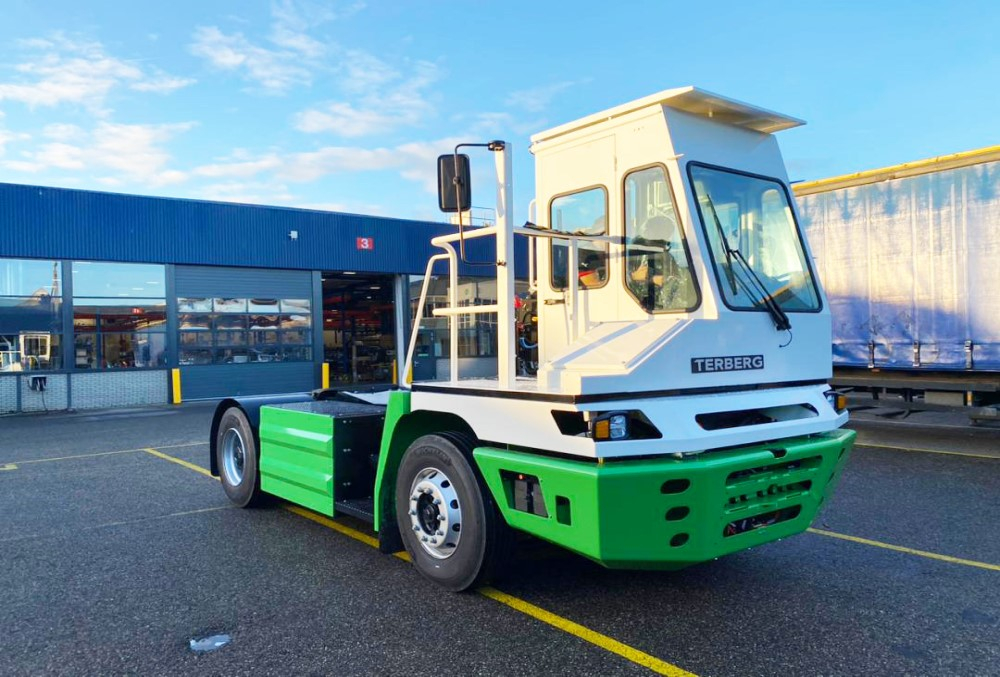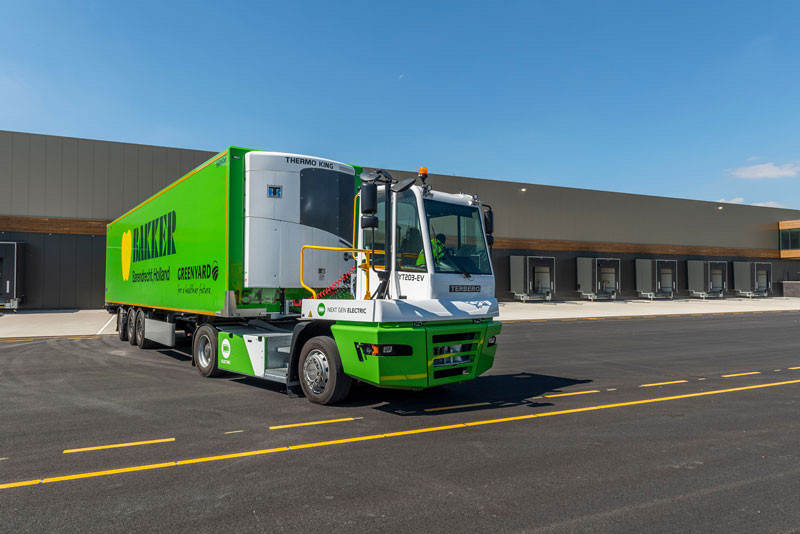
Emissions and Health Issues Spark a Growth for EV Warehouse and Port Trucks
The trend to electric trucks continues to expand with a fleet of electric terminal tractors, made by Dutch company Terberg, set to grow with an additional eight expected in Australia by the end of the year.
Four Terbergs are already in use in Australian ports and warehouses through importers PortXGroup and national fleet rental business Rentco.
The Terberg YT200-EV is a third-generation tractor that boasts high safety features, including a battery with an active safety design with six temperature sensors. It also has a smoke sensor, temperature sensor, short circuit, overload and low voltage protection. The batteries use freon generated liquid active cooling.
Terberg said its YT200-EV electric motor has performance characteristics of a diesel engine but has no CO2 and NOx emissions.
The zero operating emissions mean that over the long term they help reduce the transport industry’s environmental impact.
The electric drive system has fewer moving parts than a diesel engine and any previous EV generation, resulting in lower maintenance costs.
It also has regenerative braking, further reducing energy consumption.
The growing popularity of the trucks centre on their ability to operate indoors with zero emissions and a low noise level.

Rentco, which is now offering the EV tractors to clients, said they make a significant step towards a greener and carbon-neutral fleet.
“From a pure numbers point of view, making the move to renting electric vehicles is an investment,” Rentco said.
“When compared to traditional transport equipment hire, the switch to electric helps to lower your operating costs over time.
“For example, our new range of electric yard trucks operate exactly the same as traditional vehicles, delivering the same output, but with a number of added benefits.
“You eliminate ongoing fuel consumption per machine, while reducing ongoing engine maintenance — the difference in the number of moving parts in a traditional combustion engine when compared to an EV motor is monumental.
“There’s less preventative maintenance required, which helps to improve uptime on site. And unlike regular vehicles, they don’t require refuelling; they can simply be recharged while your operators are taking their break.
“This all works together to improve cost efficiencies, allowing you to invest that money into further EV capability.”
Terminal tractors also make a lot of sense to transport and freight operators as they spend most of the operational time on small trips around freight yards and warehouses.
The lower distance means less mechanical wear and tear than bigger (and internal-combustion engine powered) rivals.
Because they remain on site, they may not need on-road registration costs and are close to recharging facilities while maintenance is quicker and easier.
They also operate with a lower noise level and work indoors with zero emissions to reduce harsh smells and heat within enclosed spaces, creating a cleaner, safer environment for employees.
The electric machines are also safer for operators and people working alongside them. Because they are quiet, operators can hear their surroundings and stay alert. Because of the EV’s smoother ride, it creates a more comfortable environment.
View Recently Financed Trucks by Credit One.
Commercial vehicles are a serious investment, and getting truck finance right matters when your livelihood depends on keeping vehicles on the road. Credit One specializes in transport operators and understands what you're dealing with. As Australia's best-reviewed finance broker with 3,000+ Google reviews from operators nationwide, they've proven the approach works. Check out Credit One reviews to see for yourself, then use the loan repayment calculator to understand your options.